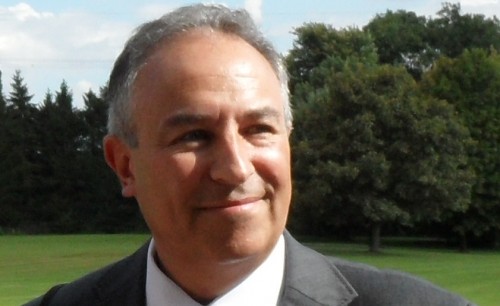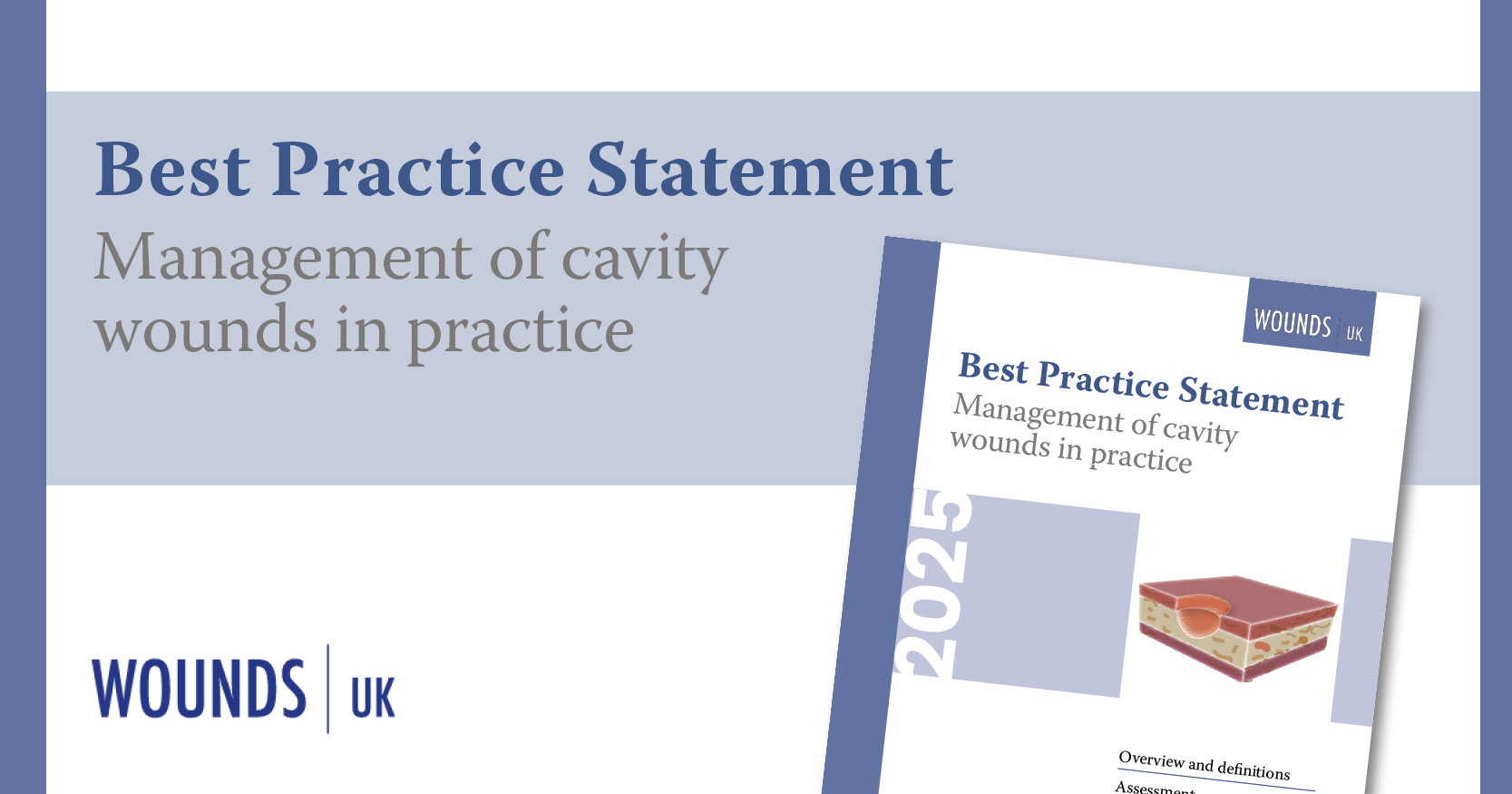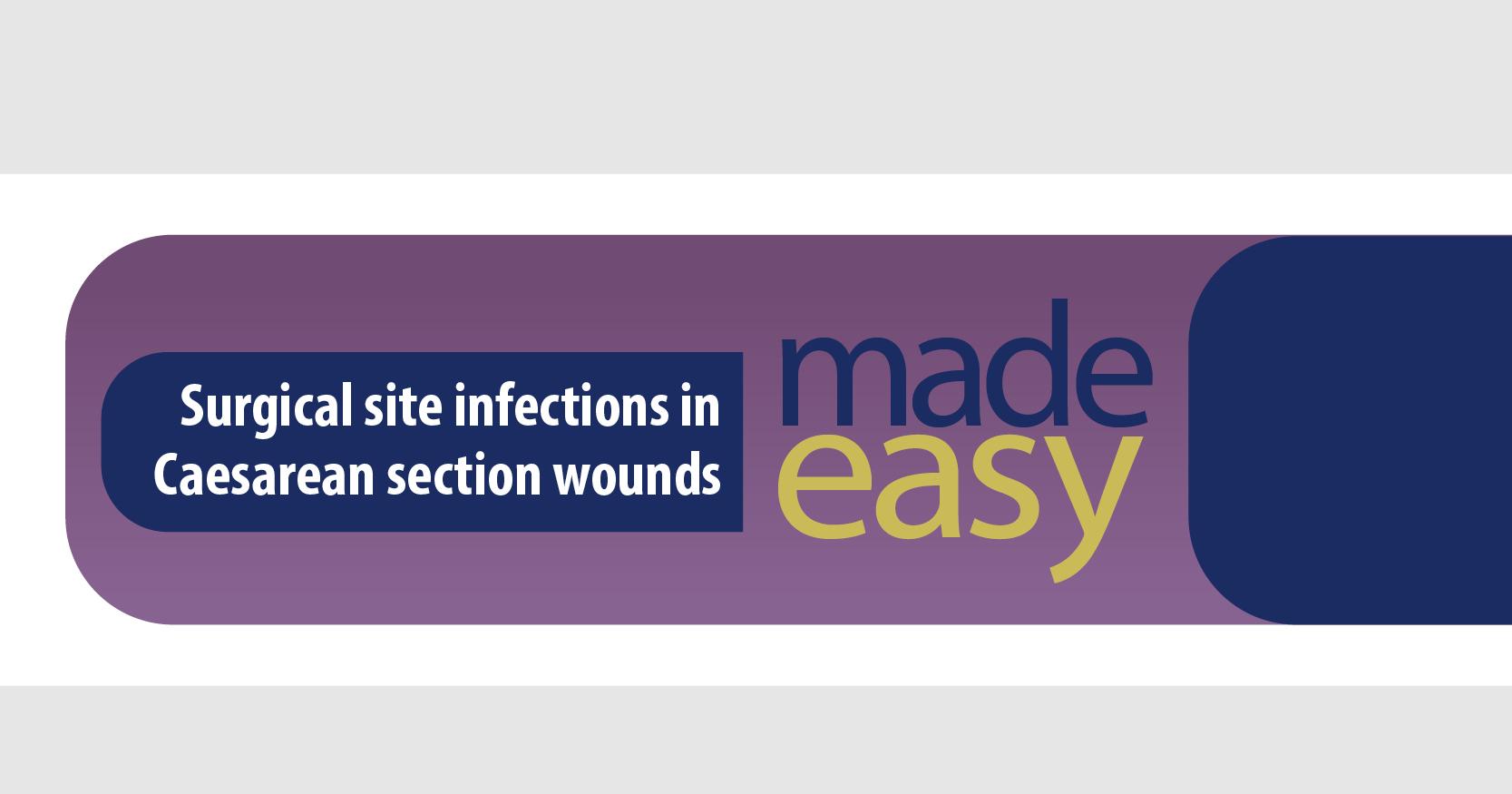This morning, the Rt Hon Lord Hunt of Kings Heath held a meeting to highlight and discuss issues around wound care and the burden to patients and the NHS.
This morning, the Rt Hon Lord Hunt of Kings Heath held a meeting to highlight and discuss issues around wound care and the burden to patients and the NHS. Baroness Jolly and Baroness Watkins were present as well as a number of professionals from across the wound care sector. The debate started with presentations by Professor Julian Guest, Catalyst Health Economics Consultant and Margaret Kitchen, the Regional Chief Nurse North.
Julian Guest summarised the key points of the burden of wound study, which estimated that the NHS managed 2.2 million patients with a wound during 2012/2013 and that the annual cost of managing these wounds and associated comorbidities was £5.3 billion. The prevalence of wounds has been estimated to be growing at the rate of 11% per annum. Consequently, if this growth rate continues unchecked, the NHS is likely to be managing an estimated 3.7 million patients with a wound in 2017/2018 costing in the order of £8–9 billion. The vast majority of wounds were treated by District Nurses (74%) and Practice Nurses (26%). As a result of these findings, Julian Guest asked for dedicated wound care clinics, accountability of each health care professional, improved coordination of health and social services, the involvement of other professionals, including pharmacists and a national registry of wounds.
Margaret Kitchen, Chief Nurse North, introduced the Leading Change Adding Value Framework — Improving Wound Care Project. She introduced the triple aims of better outcomes, better experiences and better use of resources. She also introduced the three visions: 1) Distribution model, 2) Standard practice, Vision, and 3) National data set.
The debate was lively and many good points were made. It became clear that as well as going downstream, strategies need to look upstream and involve GPs and pharmacists. Podiatrists play a vital role, and the importance of multidisciplinary working was highlighted as well as the importance of prevention and treatment pathways. Before data can be captured, a common language and exact vocabulary need to be found.
And what next? We shall see, but keep talking and watch this space.







